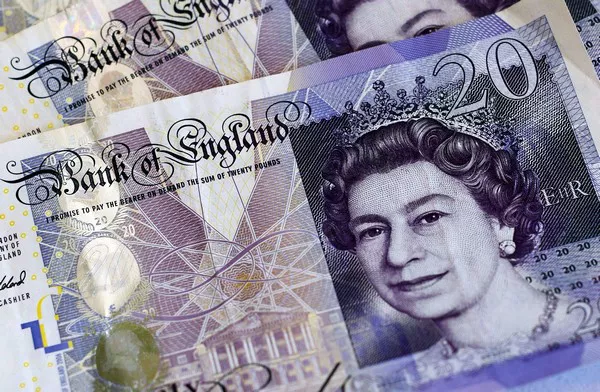The GBP to JPY exchange rate refers to the value of British Pound Sterling (GBP) currency as compared to Japanese Yen (JPY) currency. The exchange rate is an important metric for individuals or businesses who engage in cross-border transactions between Japan and the United Kingdom.
Current Exchange Rate
As of May 31, 2023, a single British Pound Sterling (GBP) is equivalent to about 163 Japanese Yen (JPY). This rate is dynamic and changes frequently due to various factors such as geopolitical events, economic indicators, and market demand.
Factors Affecting Exchange Rates
Several factors affect the GBP to JPY exchange rate. These factors include:
1. Interest Rates:
Interest rates play an essential role in determining the exchange rate between two currencies. When interest rates increase in one country, it attracts foreign investors who seek higher returns on their investments. This increased demand for that currency leads to an appreciation in currency value, resulting in a higher exchange rate. Conversely, when interest rates decrease, there is reduced demand for that currency, leading to a depreciation in currency value and a lower exchange rate.
2. Political Stability:
Political stability is another critical factor affecting exchange rates. Countries with stable political environments tend to have more predictable economies, which are attractive to foreign investors. A stable political environment also assures investors of the protection of their investments and property rights, which encourage investment inflows and a stronger currency.
3. Inflation:
Inflation impacts the exchange rate between two currencies. Countries with high inflation rates tend to have weaker currencies because their purchasing power decreases. Foreign investors tend to avoid these countries, and this reduces the demand for their currency, leading to a lower exchange rate.
4. Trade Balance:
A country’s trade balance also affects its exchange rate. A positive trade balance occurs when a country exports more goods and services than it imports. This surplus creates demand for its currency, which strengthens it and leads to a higher exchange rate. A negative trade balance occurs when a country imports more than it exports. This deficit creates an oversupply of its currency, leading to a depreciation in currency value and a lower exchange rate.
5. Economic Performance:
Economic performance is a crucial determinant of a currency’s strength or weakness. Countries with strong economic performance attract foreign investors who seek investment opportunities. This increased investment inflow leads to a stronger currency and a higher exchange rate.
Implications of Exchange Rate Fluctuations
Fluctuations in the GBP to JPY exchange rate have several implications for individuals and businesses engaged in cross-border transactions. These include:
1. Importers and Exporters:
Importers and exporters take the hit of exchange rate fluctuations. When the exchange rate is high, importers pay more for goods imported from Japan, while exporters earn more on goods exported to Japan. When the exchange rate is low, importers pay less, and exporters receive less revenue.
2. Investors:
Investors are also affected by exchange rate fluctuations. When the exchange rate is high, their investments in Japan yield more returns in GBP terms. Conversely, when the exchange rate is low, their investments generate fewer returns in GBP terms.
3. Consumers:
Exchange rate fluctuations also affect consumers who purchase goods and services imported from Japan. When the exchange rate is high, the cost of these goods and services increases, while a low exchange rate reduces their cost.
Conclusion
In conclusion, the GBP to JPY exchange rate refers to the value of British Pound Sterling (GBP) currency as compared to Japanese Yen (JPY) currency. The exchange rate is dynamic and influenced by several factors such as interest rates, political stability, inflation, trade balance, and economic performance. Fluctuations in the exchange rate have significant implications for individuals and businesses engaged in cross-border transactions, including importers, exporters, investors, and consumers.
Related topics:
- What is GBP to Naira?
- GBP to CAD: Understanding the Exchange Rate between Great British Pound and Canadian Dollar
- What is GBP to AUD?


